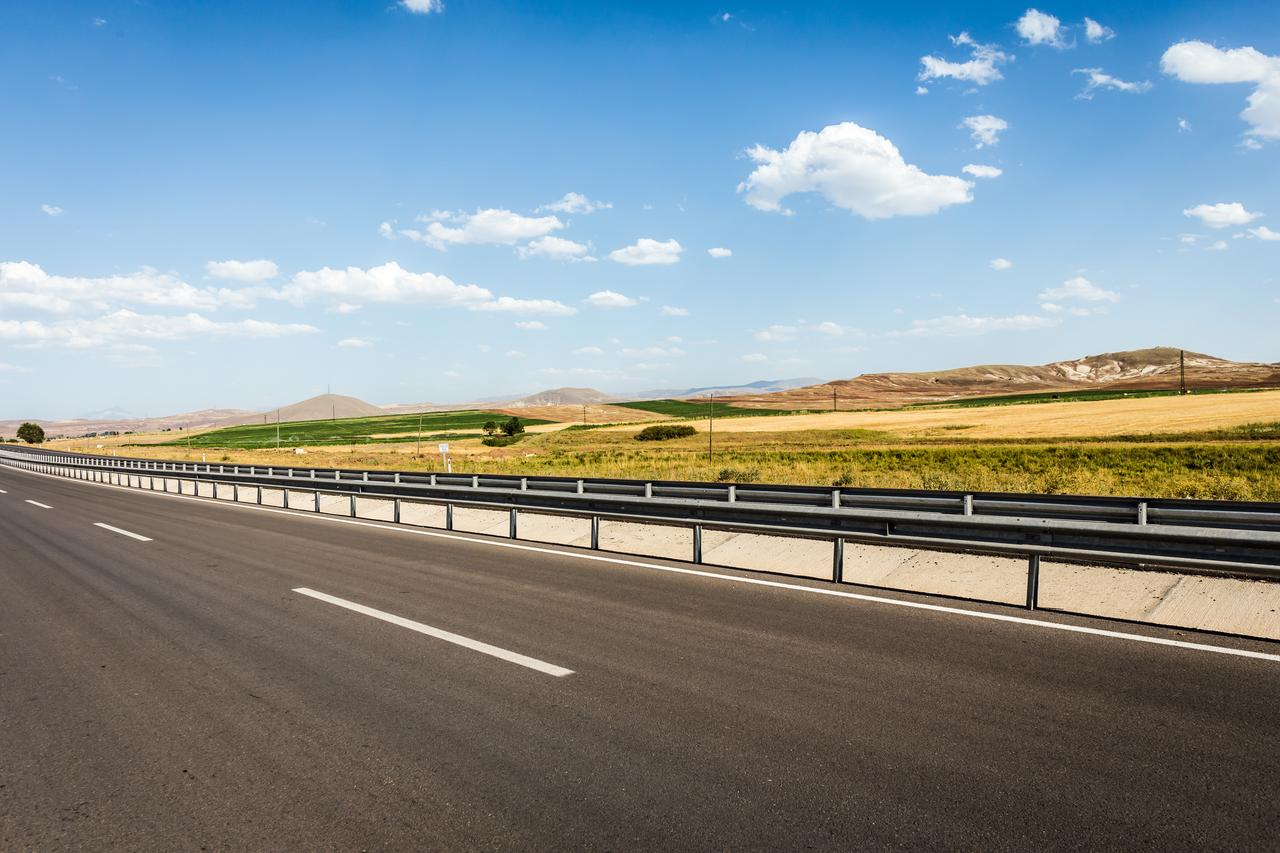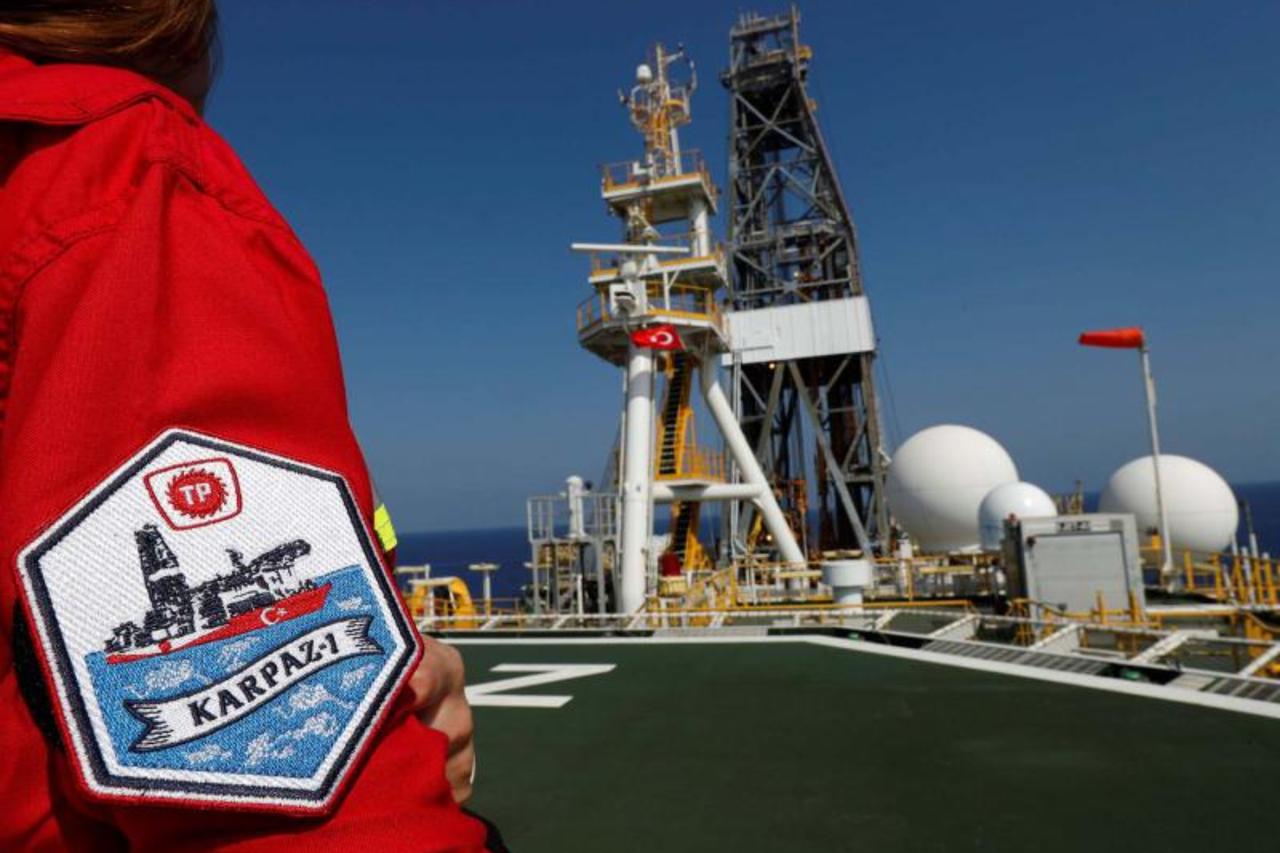
Türkiye will require over €100 billion ($116.42 billion) in transport-related infrastructure investments by 2035 to support demographic growth, industrial development, and climate goals, according to a new report by Paris-based Allianz Trade, a global leader in trade credit insurance.
The report, titled "3.5% to 2035: Bridging the Global Infrastructure Gap," estimated that the global economy must invest €3.6 trillion ($4.19 trillion) annually until 2035—equivalent to approximately 3.5% of global gross domestic product (GDP)—to manage transitions such as digitalization, climate neutrality, and supply chain restructuring.
According to Allianz Trade Senior Economist Luca Moneta, Türkiye’s transport infrastructure gap is concentrated in several key sectors.
The country will need to invest approximately €72 billion ($83.84 billion) in road infrastructure, €11 billion ($12.80 billion) in ports, and €10 billion in rail systems by 2035, he estimated.
The investments are considered critical to alleviate logistical bottlenecks, improve mobility, and boost the country’s industrial capacity.
Moneta noted that rapidly growing urban centers such as Istanbul, Ankara, and Izmir face rising pressure on transport systems and that new investments will be essential to sustain urban mobility and economic competitiveness.

While transport is the dominant category, the report also identifies gaps in other non-energy infrastructure areas.
Allianz Trade projected that Türkiye will need an additional €6 billion ($6.98 billion) for telecommunications infrastructure and €1 billion for sewage and wastewater treatment systems over the same period.
The report warned that infrastructure shortcomings—especially in regions with high population growth—may undermine economic expansion, digital inclusion, and efforts to reach climate targets.
Beyond transport and related sectors, Türkiye is also expected to undertake substantial upgrades in its energy infrastructure.
The report underscored the need to modernize the power grid, expand battery storage systems, and increase renewable energy capacity.
Türkiye’s strategic location between Europe and Asia positions it as a central player in regional energy transformation.
However, the report emphasized that existing gaps in storage capacity, permitting processes, and grid connectivity currently limit its full potential in this role.

Moneta said Türkiye’s economic policy shift toward normalization may help attract new infrastructure investments, as the government expects GDP to grow by 2.5% in 2025 and 3% in 2026, supported by stronger public finances and recovering domestic demand.
However, he also pointed out that private sector investment remains subdued.
While financing conditions have improved compared to previous years, the response from private investors has been limited—partly due to weakening external demand and the real appreciation of the Turkish lira, which has reduced exporters’ competitiveness.
Between 2002 and 2024, Türkiye invested $280.6 billion in infrastructure, according to Transport and Infrastructure Minister Abdulkadir Uraloglu.
An additional $168 billion is planned through 2053, signaling a long-term state commitment to closing infrastructure gaps across the transport and energy sectors.
Türkiye's Finance Minister Mehmet Simsek recently stated that the country aims to attract over $40 billion in external financing over the next three years through cooperation with the World Bank, the Islamic Development Bank, the Asian Infrastructure Investment Bank (AIIB), and other global lenders.
He added that Türkiye has already secured a total of $17.4 billion across 2023 and 2024.
In addition, the government has allocated a ₺482 billion ($11.85 billion) budget for 2025. Türkiye has also emerged as a key partner in regional infrastructure initiatives such as the Middle Corridor—a transcontinental trade route connecting China to Europe via Central Asia and the South Caucasus—and the Development Road Project, in which Türkiye plans to invest $23.9 billion to help establish a new highway and railway network linking Iraq’s Grand Faw Port to its own southern border.